Research updates
New research alert: What is cultural non-participation and has it changed significantly over the course of a decade?
It is a commonly shared view that “culture is good for you”. In cultural policy, there has long been concern about citizens that do not participate in any cultural activities, such as visiting museums or concerts. Cultural non-participation has often been treated as a problem – even though non-participation is actually very common. An explanation for the low rates of
The Dutch INVENT team presents their findings on online cultural petitions at conference “The Value of Culture after Corona”
On June 30, 2022, the Dutch INVENT team attended the Boekman Foundation conference entitled “The Value of Culture after Corona” and presented their findings from a big-data-analysis of online cultural petitions among Dutch citizens and organizations. The findings presented are part of the second wave of data scraping carried out by the INVENT consortium that explores which cultural petitions dominate
Cultural centres, sociability, and the societal value of culture
Socio-cultural centres, community centres, social centres, youth centres, creative centres… are among the many names of the cultural centre. So, what are the cultural centres, and why are they important for the societal value of culture? Cultural centres exist in many forms but are easily recognizable by their multifaceted and open character – think accessible places of many socio-cultural activities
What is the purpose of museums and cultural participation?
Earlier this month, The Guardian published an article about a new study which examined the impact of museum visits on GCSE (General Certificate of Secondary Education) results in the UK. This research joins previous scholarship which explored cultural capital and its relations to sociodemographic differences (Katz-Gerro and Meier Jaeger,2015; Yaish, Katz-Gerro, 2012). According to the new study, museum outings had
New research alert: Upcoming article on personalization and authority in European cultural journalism
Is cultural journalism becoming more personalized and subjective? One of the key debates of contemporary cultural sociology concerns the alleged fragmentation of cultural authority. In an era of crisis of legacy media and normative authorities and, at the same time, strong individualization, who decides what can be defined as valuable culture? Quality journalism covering culture is a good place to
Symbolic conflicts in Serbia: Novak Đoković and the Australian Open
The contemporary Serbian society is deeply divided over the question of what and what kind of culture can and should have the status of legitimate – “valuable”, “true”, and “morally correct”. Conflicts over the “right” worldview have taken the form of Culture wars. The multitude of “Serbian divisions”, with the inevitable simplifications, summaries and generalizations, can be reduced to the
How do Europeans feel about culture two years into a pandemic?
In February 2020, the INVENT project commenced having planned out the multiple interdisciplinary research queries set to be conducted over the course of the project. Not long after, the Covid-19 pandemic introduced itself as an unforeseen factor and formidable force that has gone on to interlace itself throughout nearly every stage of the project thus far. What Covid has brought
New Research: A collaboration between UK and Spain team members analyzes the participation of Women in Gaming
Throughout the years, video games have been considered a masculine interest. However, through INVENT, the UK survey found no gender differences in responses to the question regarding the belonging of video games to the definition of “culture” (10% of men and 10% women replied “yes” to this question). In a new collaboration between Neta Yodovich (from our UK team) and
Cultural Microcosms in Europe
Unlike the simple divisions into elite and mass arts audiences, omnivores and univores, the culturally engaged and cultural inactives – while analysing INVENT survey data – we encountered a large number of small cultural worlds or cultural microcosms. Using Multiple Correspondence Analysis and Hierarchical Cluster Analysis, we identified a number of aggregates of people who have different conceptions of culture,
Upcoming article on the relationship between cultural participation and political orientation
Finnish INVENT Team members Sara Sivonen and Semi Purhonen will be publishing an article called “Politics and cultural participation: The associations of party preference and conservativeness with high and popular cultural participation in Finland” in Sosiologia later this autumn (article in Finnish). The article examines the association between politics and cultural participation in contemporary Finland from the perspective of change

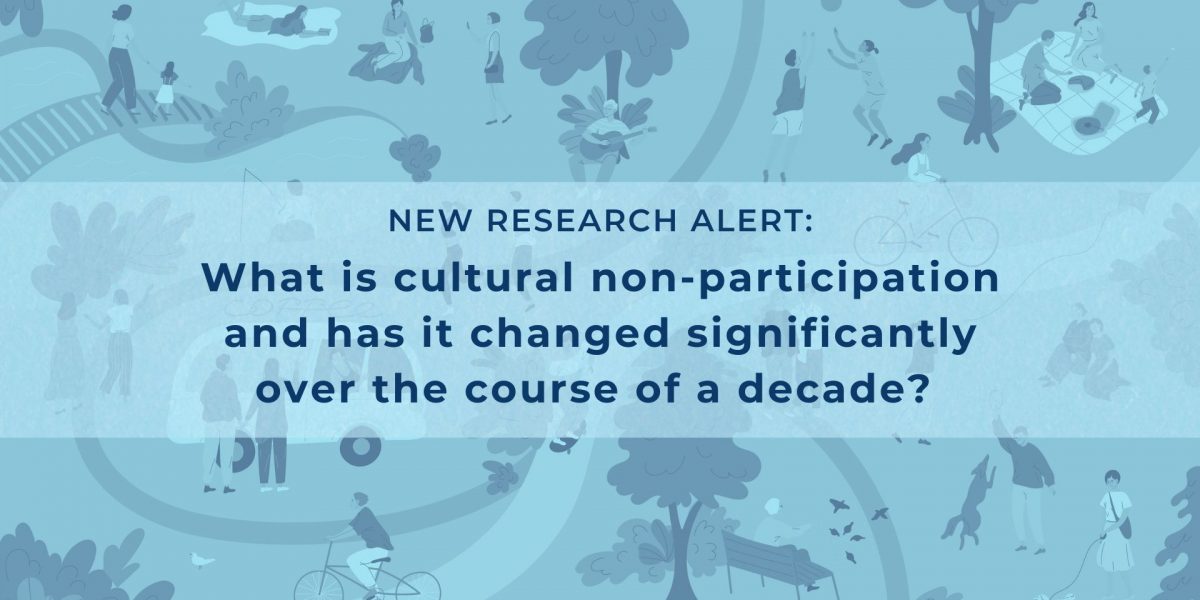
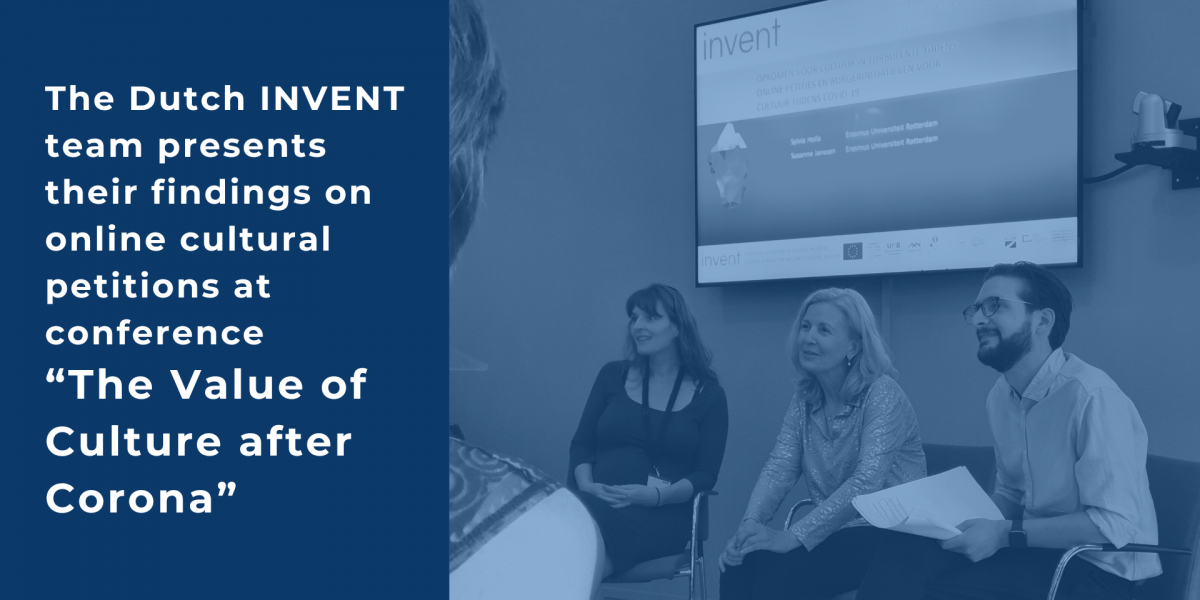
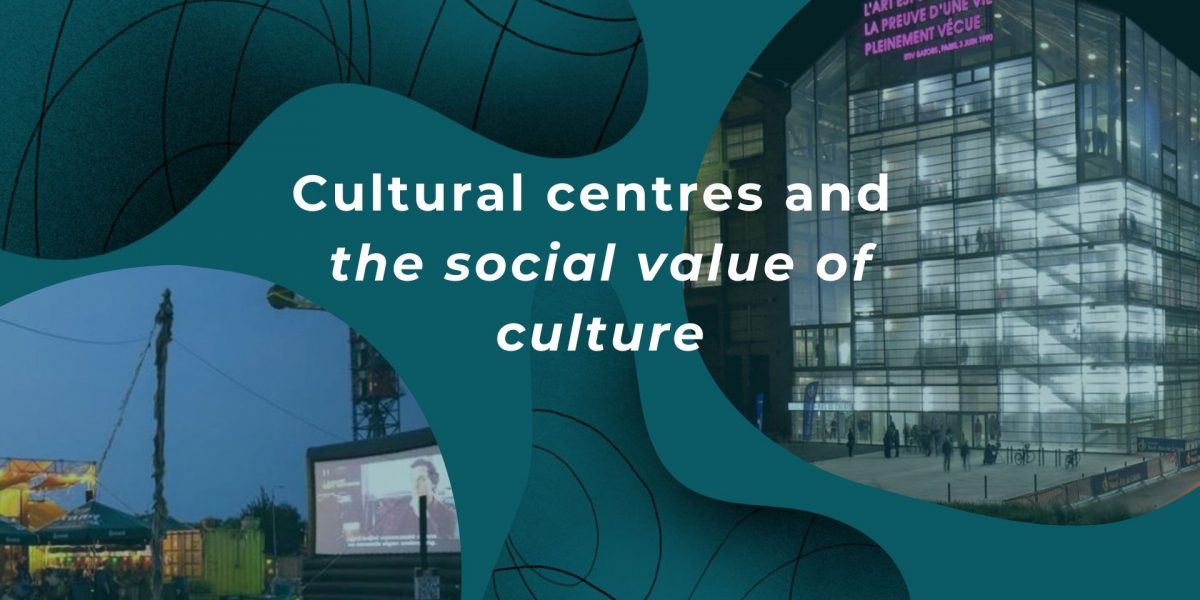
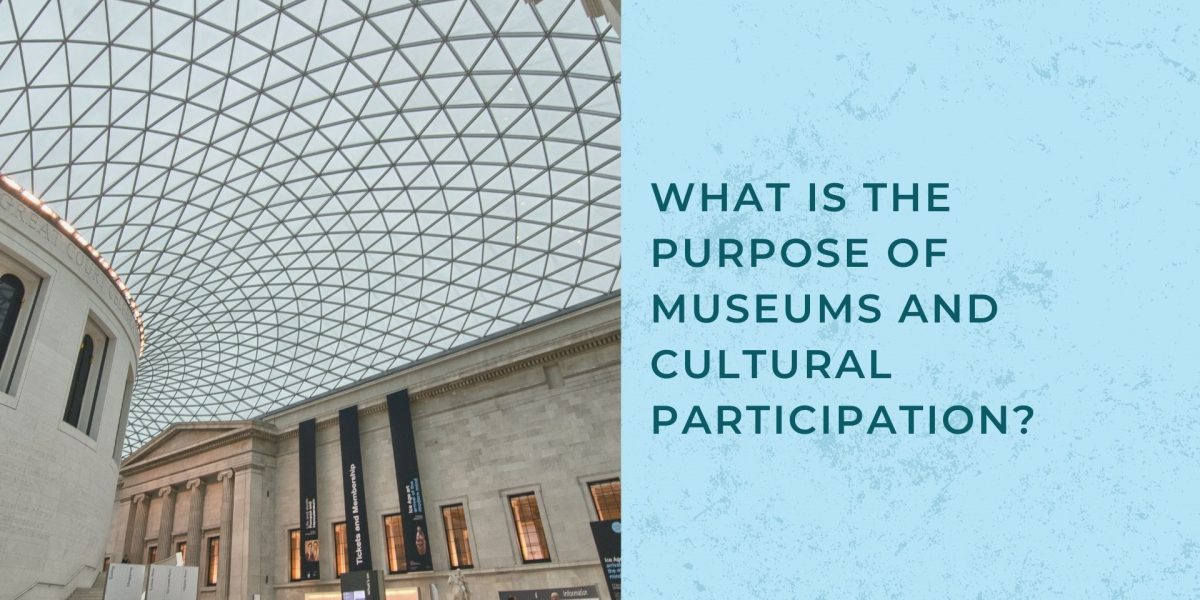
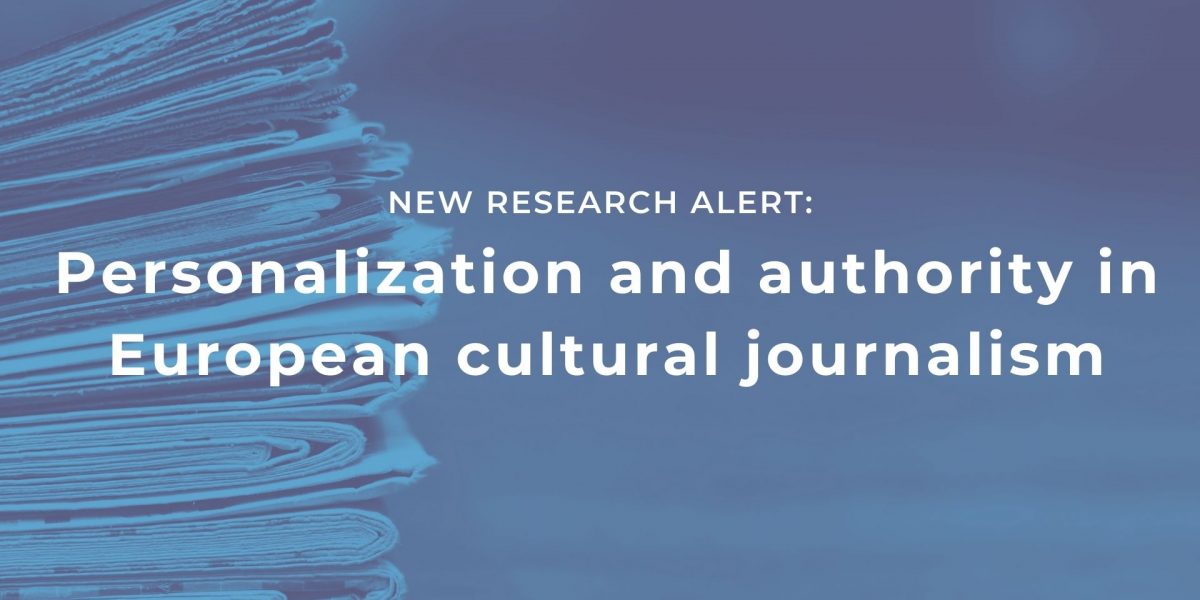
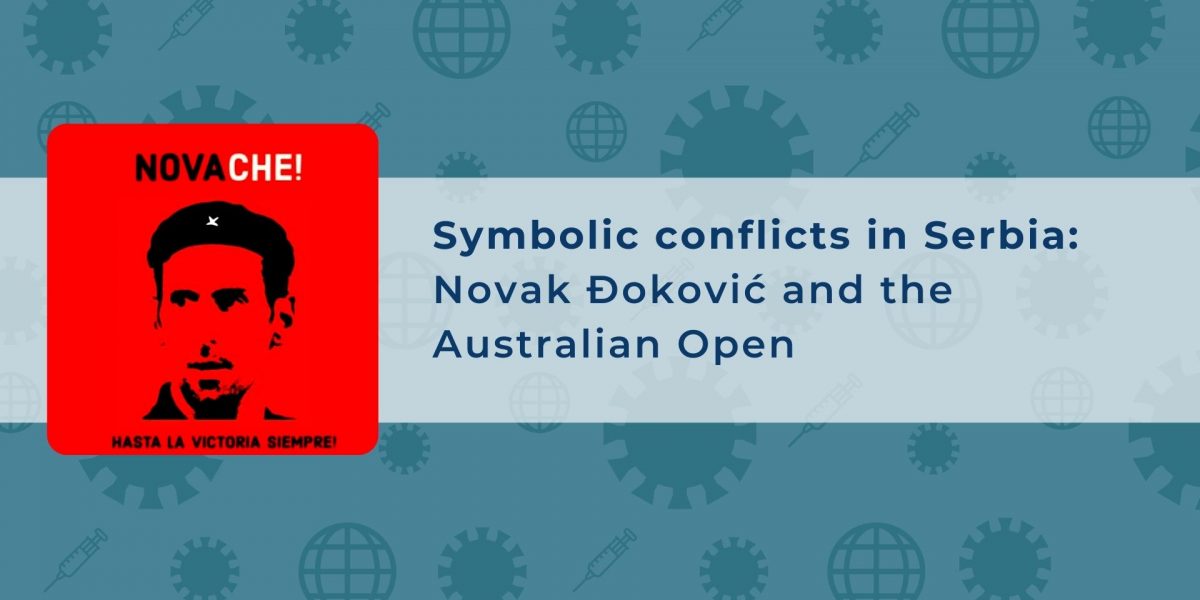
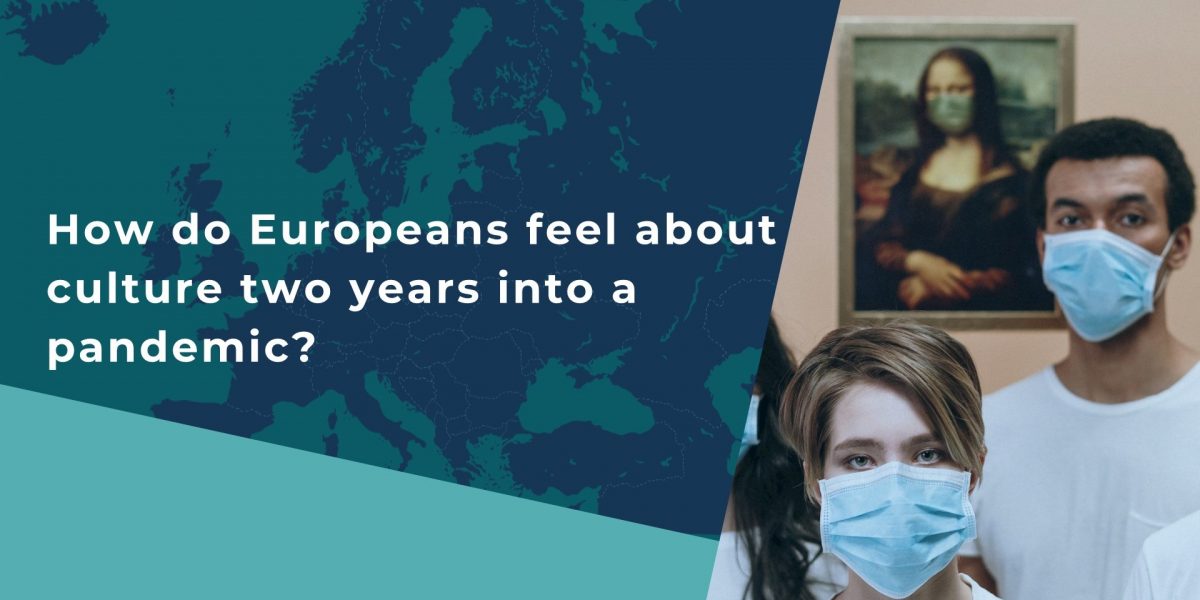
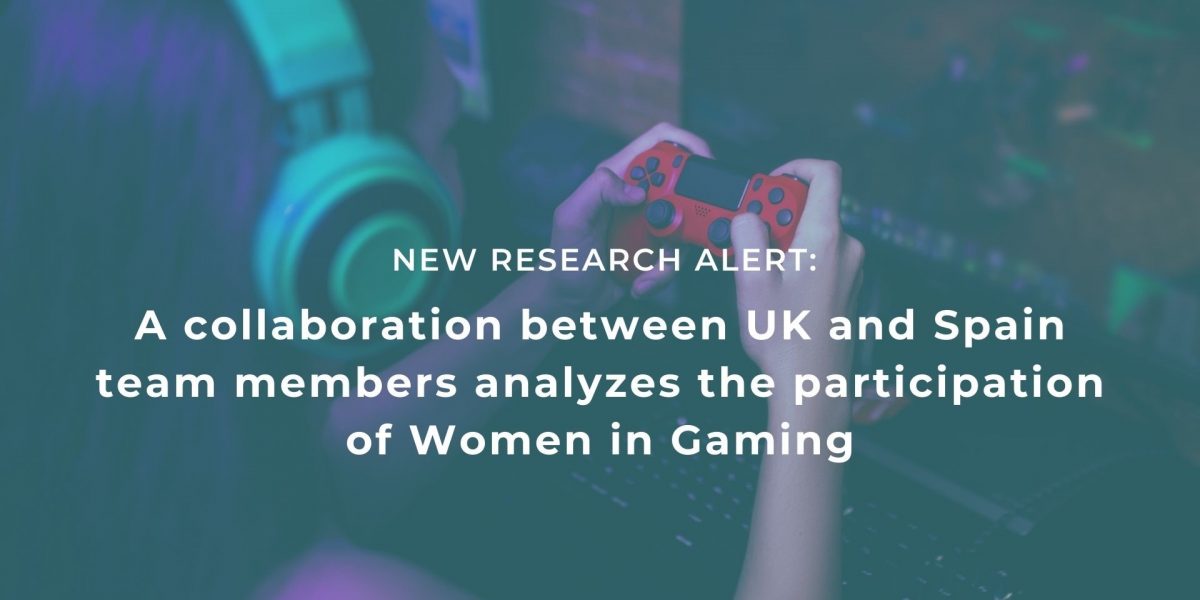
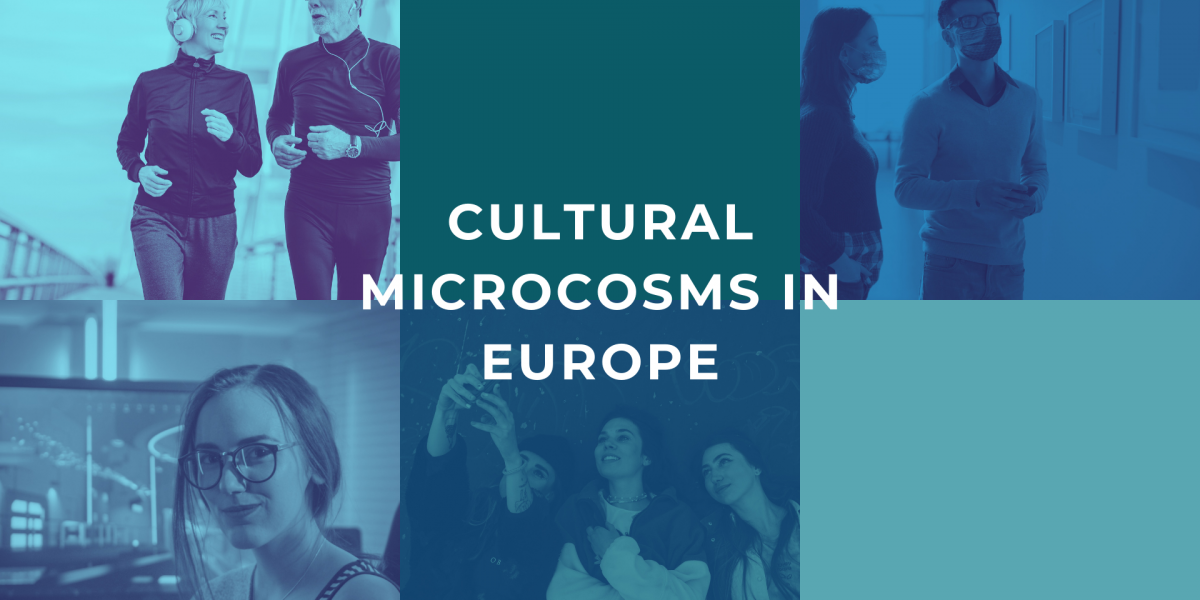
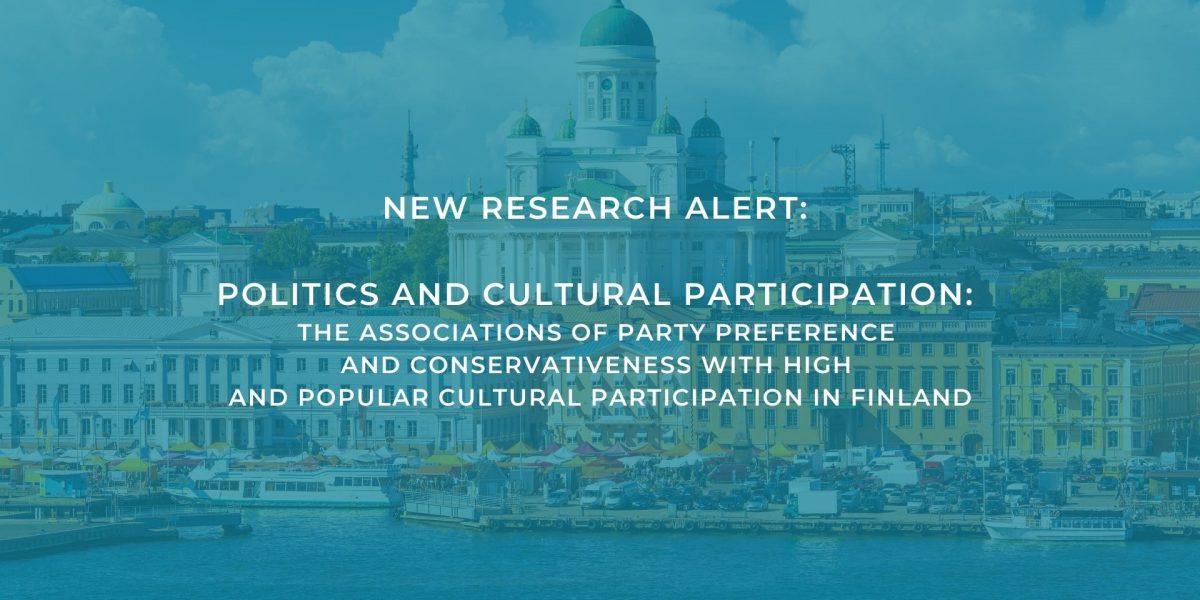

 This project has received funding from the European Union’s Horizon 2020 research and innovation programme under grant agreement No
This project has received funding from the European Union’s Horizon 2020 research and innovation programme under grant agreement No